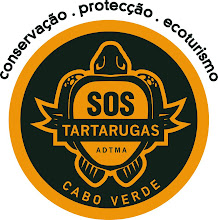 We thought it was all over - but no, the turtles had other ideas. We had two more nests on Costa Fragata this week. We are wondering how these nests will fare, since the temperature will drop considerably. Last year late nests in the hatchery took more than 70 days to develop (compared to the more usual 51-53 in the summer) but they still did ok. Time will tell ....
We thought it was all over - but no, the turtles had other ideas. We had two more nests on Costa Fragata this week. We are wondering how these nests will fare, since the temperature will drop considerably. Last year late nests in the hatchery took more than 70 days to develop (compared to the more usual 51-53 in the summer) but they still did ok. Time will tell ....Meanwhile there are still lots of nests keeping us busy on the beach and in the hatchery.














